Let our professionals install your Cedral facade
Get a quick price estimate and connect with your local certified Cedral Select Professional installer to arrange professional installation.
Your facade protects your home and can help you save on your energy bill. But check first what legal regulations apply. Maybe your renovation is exempt of planning permission? Our tips give you a head start to create a safe and comfortable home.
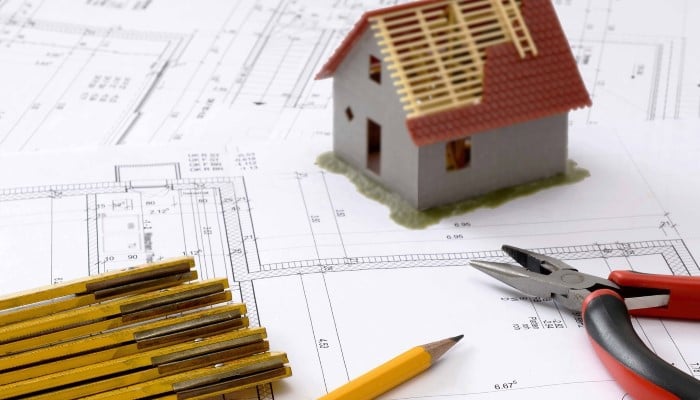
You cannot always just go ahead and build whatever you want, whenever you want it. Building authorities have put down rules for what you are allowed to construct and how. For construction, removal or modification of buildings, as a general rule, you have to ask for planning permission so that the building authorities can assess if your project fits with the regulations, before you start the work. Also note that permits (permission) are only valid for a limited time, so you should start the works within that validity period. For smaller constructions (e.g. garden house, carport) or minor renovations (e.g. painting the walls) you sometimes don’t need planning permission. However, these exceptions depend on the building authorities: these can be national, regional or even municipal. Therefore, always consult your building authorities when planning construction or renovation works. As a rule of thumb, you need planning permission if you change the appearance of your house e.g. a new facade, an extension, extra windows, a change in the roof pitch and so on.
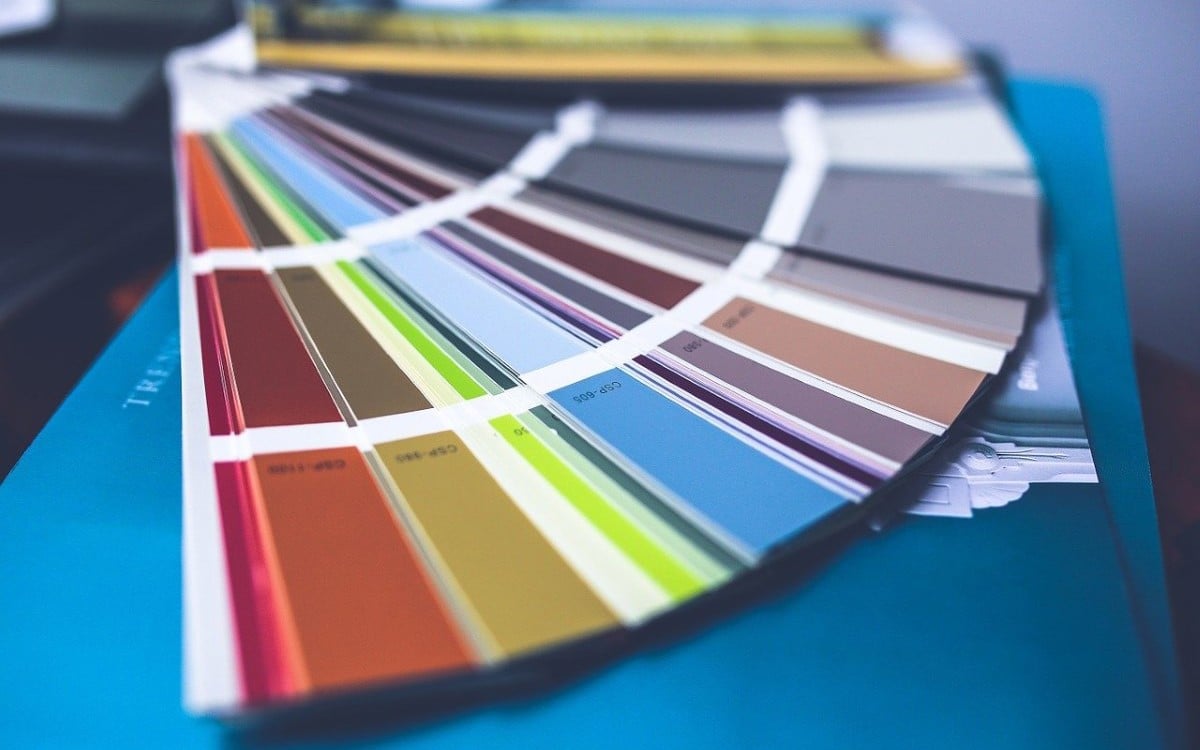
Whether you need planning permission for your construction or renovation or not, you always have to comply with the legal provisions in place. Your country or region most likely has a building code and the municipalities usually also prescribe some design requirements per area. This means that there can be prescriptions regarding the facade colour, the roof design, the roof covering etc. Ask the building department of your municipality. When you renew a facade or replace windows, usually there are also regulations regarding the energy performance of the renovated shell of your home. The aim of this legislation is to improve the energy efficiency of buildings and reduce the need for heating in winter and cooling in summer. This has a positive impact on your energy bill, but also on the environment. In some cases, you can get subsidies or green loans for these environmentally friendly investments.
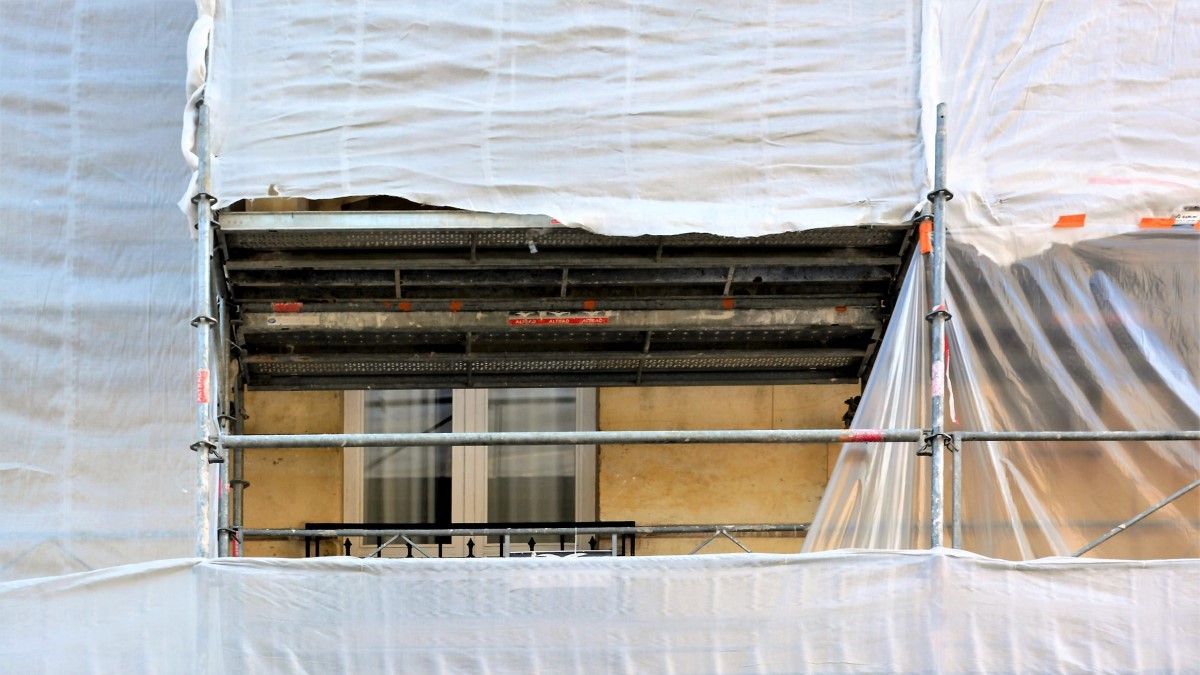
The facade is part of the outer shell of a building. Together with the roof, it protects your home against the heat, cold, wind, weather, noise and fire and it considerably contributes to the living comfort inside the house. Therefore, the outer shell should be robust and durable. But of course, the looks also play a decisive role in the choice of your facade. Cedral ventilated facade cladding fulfils all those criteria. As it doesn’t directly lie on the insulation, there is a ventilation gap. This protects the structure of your building effectively against moisture. It also prevents capillary moisture transport into your walls, so that your pleasant indoor climate is not compromised. Cedral come in a wide variety of colours to make your own unique design possible.
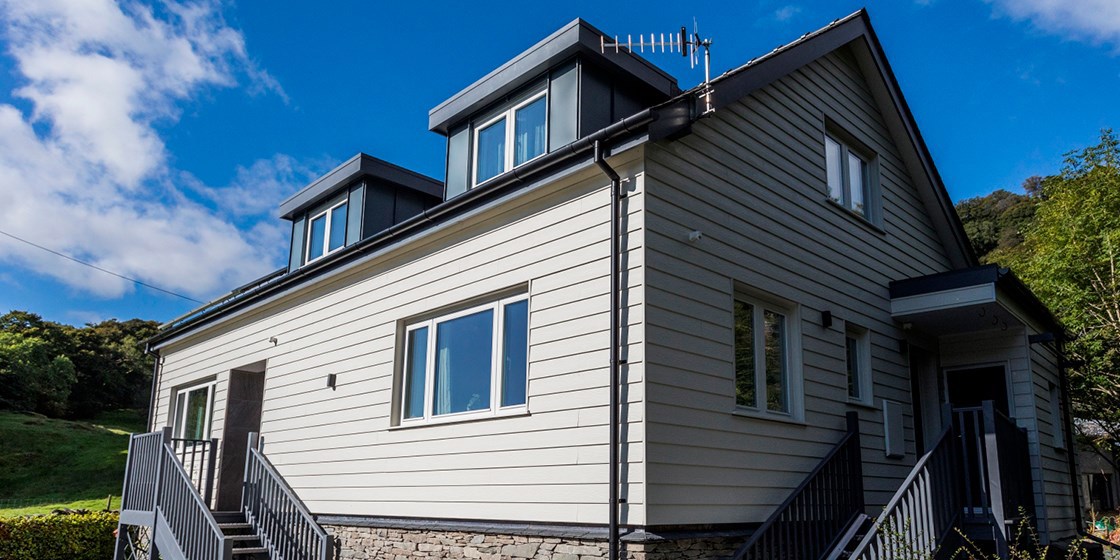
The components of your building envelope, such as windows, roofs and facades, should have the longest possible service life. It is therefore important to pay attention to high-quality, durable materials and future-oriented solutions, as well as sufficiently thick insulation underneath. Cedral facade cladding is usually combined with extra insulation, providing your home an extra layer of protection against the heat and the cold. Fibre-cement cladding is also a particularly durable solution, as it has a minimum lifespan of 50 years if installed correctly. And maintenance is easy, you just need a wet cloth with some detergent. No painting needed.
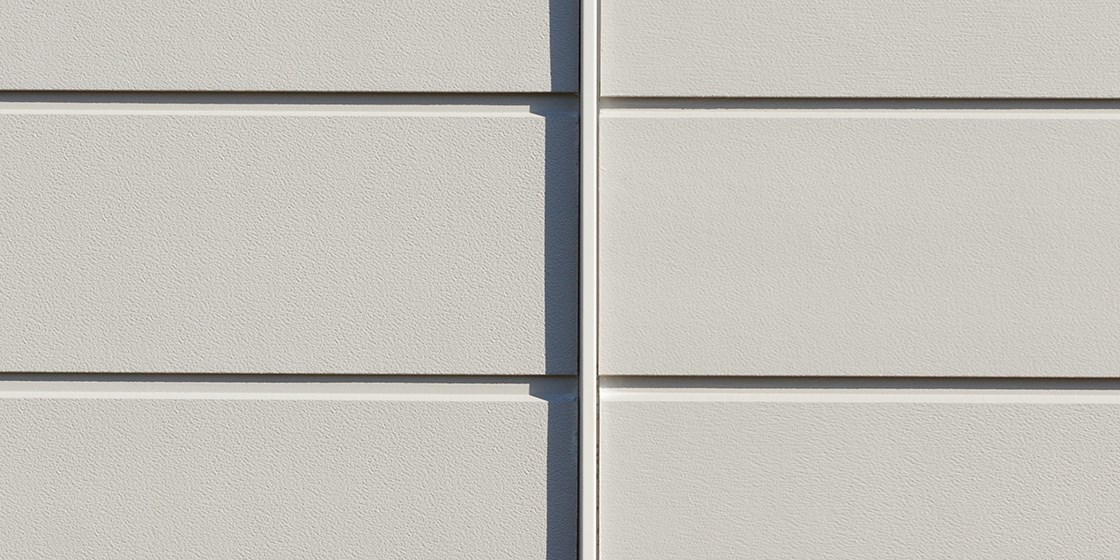
Cedral facades are made of fibre cement. This is an extremely resistant building material that is often used for facade renovation. Compared to pvc facade cladding, fibre cement does not expand in heat, therefore they are more stable over time. As Cedral sidings are thicker (10 mm or 12 mm) than other fibre-cement options, they are more shock-resistant. Important as well, is Cedral’s fire-resistance. This makes Cedral a reliable choice for creating a safe home.
Get a quick price estimate and connect with your local certified Cedral Select Professional installer to arrange professional installation.